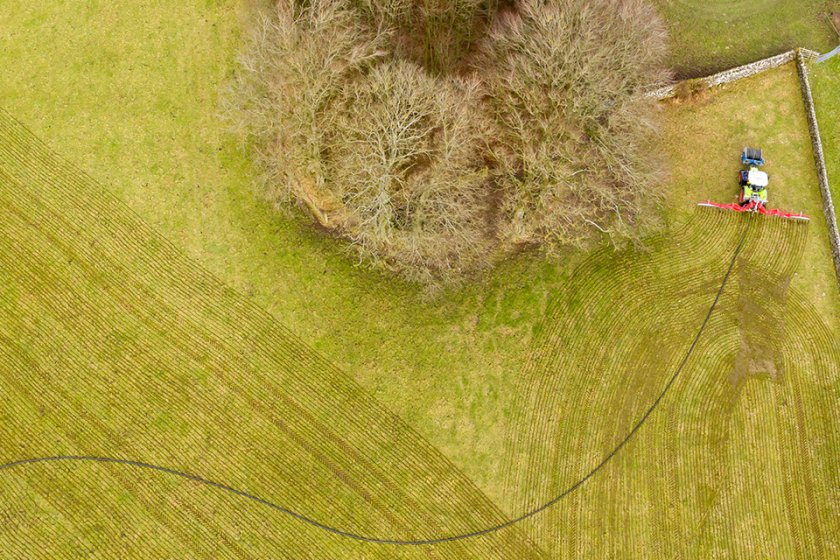
Defra's £74m grant to help farmers invest in improved slurry infrastructure to tackle water pollution and improve air quality soon closes for applications.
Applications for the second round of the slurry infrastructure grant opened in November, with the deadline to apply closing on Wednesday (17 January).
Farmers can apply for grants of £25,000 to £250,000 to replace, expand, build extra and cover slurry stores, and fund equipment such as separators, reception pits and agitators.
The second round has more than double the funding on offer than the first round of the scheme to help meet increased demand.
In a new blog on Defra's website, the department said: "We’re supporting many more projects than we did last year so, if you need slurry storage, now is the time to apply."
Based on feedback, improvements have been made to the second round, including how much storage pig farms can apply for, offering grants towards a slurry separator, and the option to retrofit covers onto existing stores.
The grant aims to enable more farmers to go beyond existing storage requirements, supporting better compliance with regulation and more effective use of organic nutrients.
It is part of Defra's commitment to tackle nutrient pollution at source, meaning grants will be prioritised in areas near protected sites with ammonia pressures in nutrient neutrality catchments.
What can the grant be used for?
Farmers can apply for grants of £25,000 to £250,000, which can be used for:
• Above-ground steel slurry stores
• Precast circular concrete slurry stores
• Earth bank lagoons
• Stores using precast rectangular concrete panels
• In-situ cast reinforced concrete stores, also new to round 2
• Large volume supported slurry bags (over 2,500 m3)
